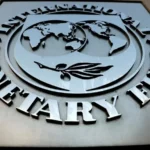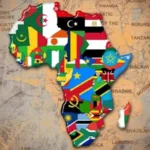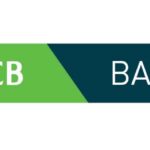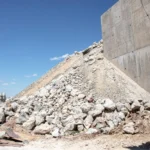South Africa experienced its first decline in the annual inflation rate in five months, reaching its lowest point since June 2020. The decline is attributed to reduced fuel prices and moderated tuition fee increases.
Headline consumer inflation eased to 2.7% year-on-year from 3.2% in February, below the 2.9% expected by economists polled by Reuters, and outside the South African Reserve Bank’s (SARB) 3% to 6% target range.
A breakdown by Statistics South Africa showed the fuel index was down 8.8% last month.
Education fees, which are surveyed once a year in March, increased 4.5%, slower than the previous year’s 6.4% rise.
- Advertisement -
Some analysts believe that the recent inflation figures provide the central bank with the opportunity to lower interest rates at its upcoming monetary policy meeting in May.
The SARB left its key lending rate unchanged at its last meeting in March after three consecutive cuts, citing risks from U.S. President Donald Trump’s tariffs and the country’s disputed national budget.
It stuck to that cautious tone in a biannual review of its monetary policy last week.
Nevertheless, the SARB’s apprehensions regarding global tariffs and a depreciating local currency suggest that additional rate cuts may not occur in the near future.









